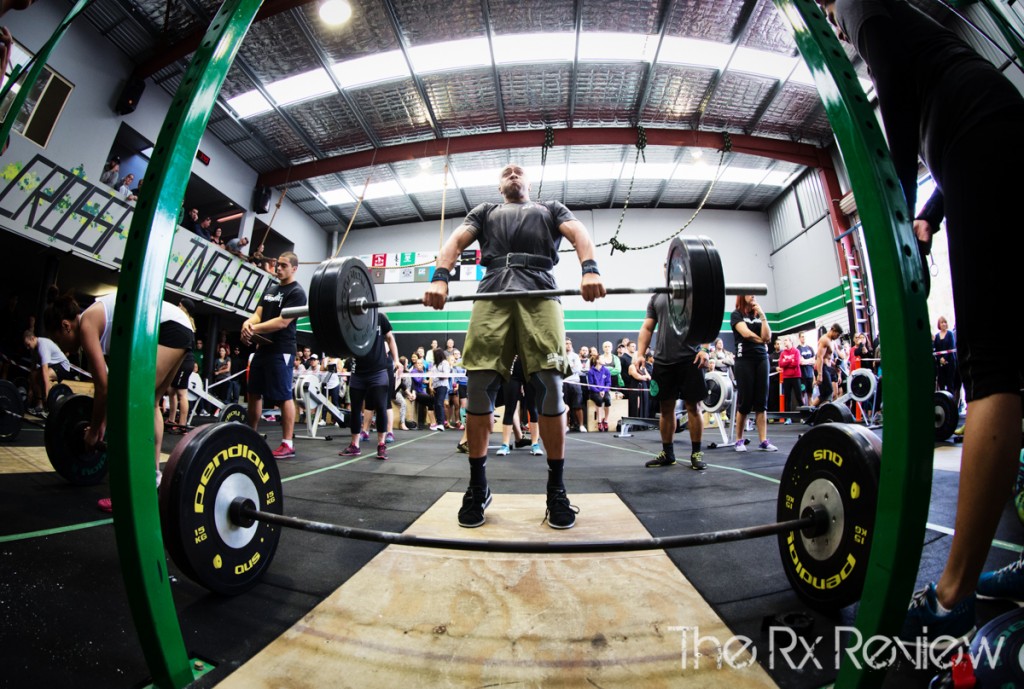
Those who aren’t into fitness yet and are only dreaming of starting exercising after watching one of the matches on the TonyBet app, get surprised by those who go running at 6 am and stay productive till evening. In fact, there is a scientific explanation for this: sports can be a source of energy if you know how to get it right.
When a person brings regular physical activity into his life, he begins to feel better. There is even such a notion as “muscle joy.” Working muscle tissue produces myokines, which have an anti-inflammatory effect and “oppose” adipokines – hormones of adipose tissue, helping to maintain health and youthfulness. During exercise, endorphins are secreted, which cause pleasure, increase the production of dopamine and serotonin, and improve blood circulation, which affects the work of internal organs and the brain, giving a feeling of vigor and energy.
The vivacity and improved intelligence that come with regular workouts and help you manage everything are good motivation to continue to be active. It turns out that people who live in motion want to move, drawing energy from their activity. And for those who are sedentary, finding motivation is a problem. Of course, there are situations when even a healthy person has no physical strength to train, there is increased fatigue and weakness. The presence of such a condition is a background for the development of various kinds of diseases. So in this situation, you need to act, not wait.
Understanding how important physical activity is for a person, it may seem strange that not all people exercise regularly. On the one hand, this is a psychological issue: what a person prioritizes, if he cannot set aside time for his health and start exercising. On the other hand, physiology also plays a role. From the endocrinologist’s point of view, those who are less active have a different balance of hormones, due to which they feel a lack of strength. For example, when there is excess fatty tissue, more insulin is released and less testosterone is released than in people with normal fat mass. And a high level of testosterone is a desire not to sit still, to have new experiences, impressions, and information.
Where Energy Comes From
There are several main ways for cells to get energy: with the use of oxygen and without it. The second option is anaerobic glycolysis, which is used by the body to obtain energy during strength training, and to some extent during high-intensity cardio.
Much more efficient in terms of energy production are low- or moderate-intensity aerobic activities. Energy in the cell is generated with the help of oxygen, and 36 ATP molecules are obtained from one molecule of glucose. ATP molecules serve the cells as a source of energy for various biochemical processes, and glucose is the main substrate for the formation of ATP molecules.
Regular cardio exercise increases the number of mitochondria in the muscle. The more we exercise, the more efficiently energy is produced and used in the muscles. A balanced workout requires both aerobic and anaerobic exercise.
Recovery from physical activity requires sufficient sleep, adequate nutrition, and the absence of vitamin and micronutrient deficiencies. In the absence of sufficient conditions for recovery, it’s impossible to get all the benefits from sports activities. In most cases of severe conditions (e.g., after surgery), physical activities, including breathing exercises, have a positive effect on health.
Vitamin and mineral deficiencies are the factors in the development of mitochondrial dysfunction, a situation in which the mitochondria work poorly and energy production processes are hampered. Then physical activity is not the solution: it is necessary to correct the deficiencies. If a person has no micronutrient deficiencies, increasing physical activity will eventually increase muscle mass and improve their quality. The number of mitochondria and stamina will increase.
There are many studies on how to make workouts more effective by choosing the “right” conditions for them. For example, one paper argues that working out in the evening is more effective in terms of fat burning while working out in the morning is dangerous. Another one has evidence that working out before breakfast is most effective for weight loss. And that energy is best expended in the morning. So at this time of day, we can afford more calorie-dense foods with less risk of gaining weight. The notion of having individual biorhythms seems most balanced. So, to decide which workout schedule is right for you, understand your own feelings. Listen to yourself to understand the state of your body.
How to Avoid Losing Energy
Attention to your well-being is the key to making sure that your training gives you energy, not taking it away. With sufficient recovery and the absence of deficits, there shouldn’t be such a problem.
Some nutritional deficiencies affect well-being. If these are present, exercising doesn’t have the positive impact on health that is potentially possible. We are talking about deficiencies of the following substances:
- Iron. It takes part in many biochemical processes in the body – hormone conversion, detoxification, and others. One of the main biological functions of iron is the transport of oxygen as part of heme, the main carrier protein of erythrocytes aerobic processes in the body. With the help of heme iron, red blood cells provide oxygen to tissues after it enters the lungs. Iron-containing proteins provide an oxygen reserve for muscles during exercise.
- Vitamin B12. All B vitamins are necessary for those who practice sports because they are coenzymes in the reactions of energy production in cells. Vitamin B12 is involved in the process of hematopoiesis. And its deficiency may lead to a decrease in the supply of oxygen to tissues.
- Magnesium. This element is essential for intensive exercise. It affects muscle recovery and promotes muscle relaxation.
- Vitamin D. It has many positive effects on the entire body. It affects immunity, production of testosterone and neuromuscular transmission. And it promotes normal muscle and bone tissue function.
The recovery processes are influenced by the maintenance of water balance. People need 30-40 ml per kg of weight per day – depending on environmental conditions and physical activity. With regular exercise, the need not only for water but also for nutrients, vitamins, and trace elements increases. So, pay attention to a complete diet, proper recovery, and your well-being.






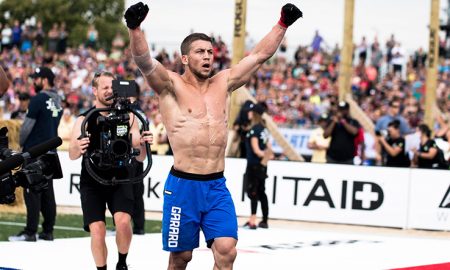
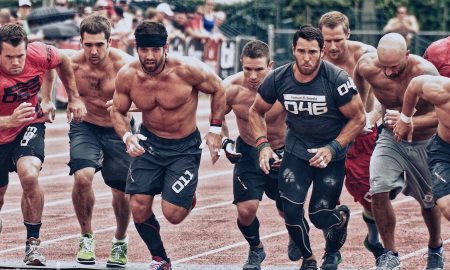


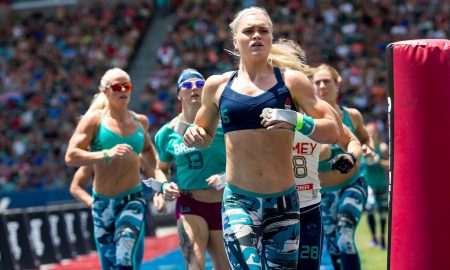
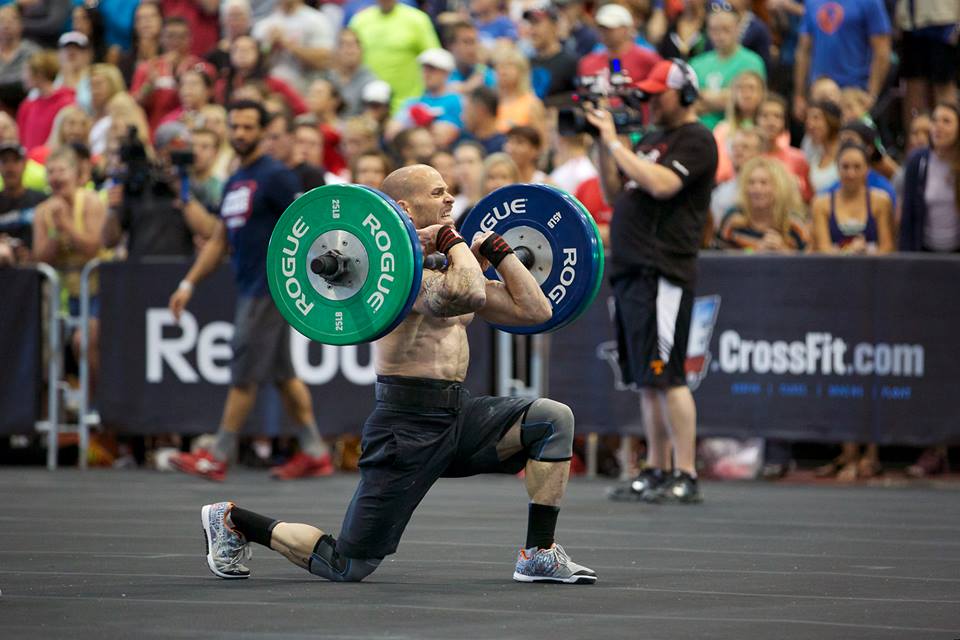
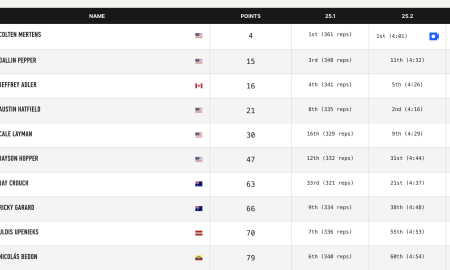
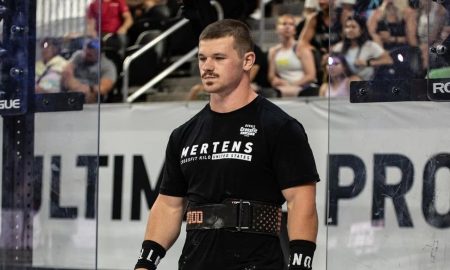
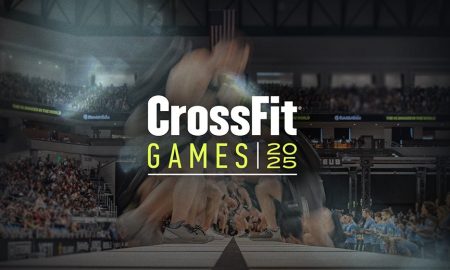

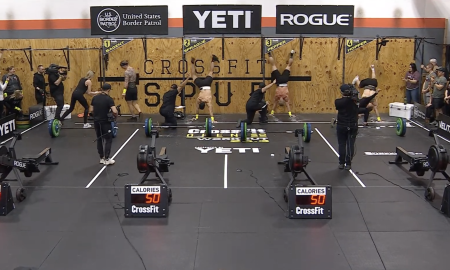
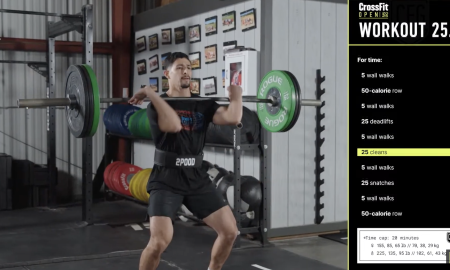
Follow Us